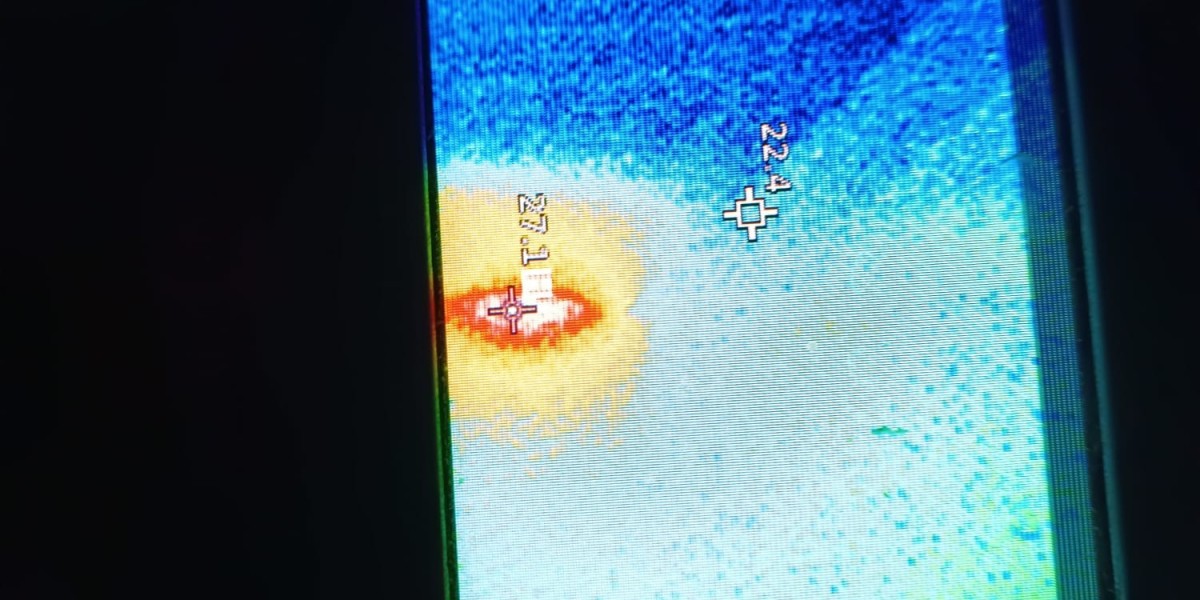The litigation process can be complex and overwhelming for individuals and businesses alike. Engaging professional Litigation Legal Services is essential for navigating the legal system, ensuring proper representation, and maximizing the chances of a favorable outcome. Whether dealing with civil disputes, contract breaches, or business conflicts, understanding how the litigation process works can help prepare you for the challenges ahead.
Key Points
1. Pre-Litigation: Assessment and Strategy Development
Before formally initiating a lawsuit, litigation legal services begin with assessing the case. This pre-litigation phase involves gathering relevant evidence, reviewing applicable laws, and evaluating the strengths and weaknesses of the case. A thorough assessment helps legal professionals determine whether litigation is the best course of action or if alternative dispute resolution methods, such as mediation or arbitration, might be more suitable. Professional legal support at this stage ensures a well-thought-out strategy, minimizing risks and guiding you toward the best possible approach.
2. Filing the Complaint
Once the decision to proceed with litigation is made, the next step is filing a formal complaint with the appropriate court. This document outlines the legal claims, facts of the case, and the relief being sought (such as damages or injunctions). The defendant is then served with the complaint and given an opportunity to respond. Litigation legal services are critical in drafting this document to ensure clarity and legal accuracy, which is crucial for setting the tone for the entire case.
3. Discovery Process
The discovery phase is a key part of litigation where both parties exchange relevant information and evidence. This may include written questions (interrogatories), depositions (sworn statements), and document production. Discovery is often a lengthy and complex process, requiring experienced legal professionals to manage the flow of information and ensure compliance with court rules. Litigation legal services help to uncover critical evidence that can strengthen your case or weaken the opposition’s claims.
4. Settlement Negotiations
Many cases are resolved through settlement negotiations before reaching trial. Litigation legal services play a vital role in these negotiations, ensuring that your interests are protected and that any settlement is fair and reasonable. Skilled legal professionals can help you weigh the risks of continuing to trial versus accepting a settlement offer, potentially saving time, costs, and uncertainty.
5. Trial and Judgment
If a settlement is not reached, the case proceeds to trial. Here, both parties present their arguments, evidence, and witness testimony before a judge or jury. Litigation legal services are essential during this phase, as experienced attorneys will prepare compelling arguments, cross-examine witnesses, and present evidence that supports your position. After the trial, the court issues a judgment, which may be appealed if either party believes there was a legal error.
Navigating the litigation process without professional legal support can be daunting and risky. Engaging Litigation Legal Services ensures that you have expert guidance from the pre-litigation assessment to the trial and judgment. With experienced legal professionals by your side, you can confidently navigate disputes and seek favorable outcomes, whether through settlement or trial. Understanding the litigation process is the first step toward protecting your rights and achieving legal resolution.







